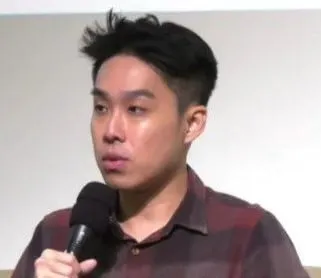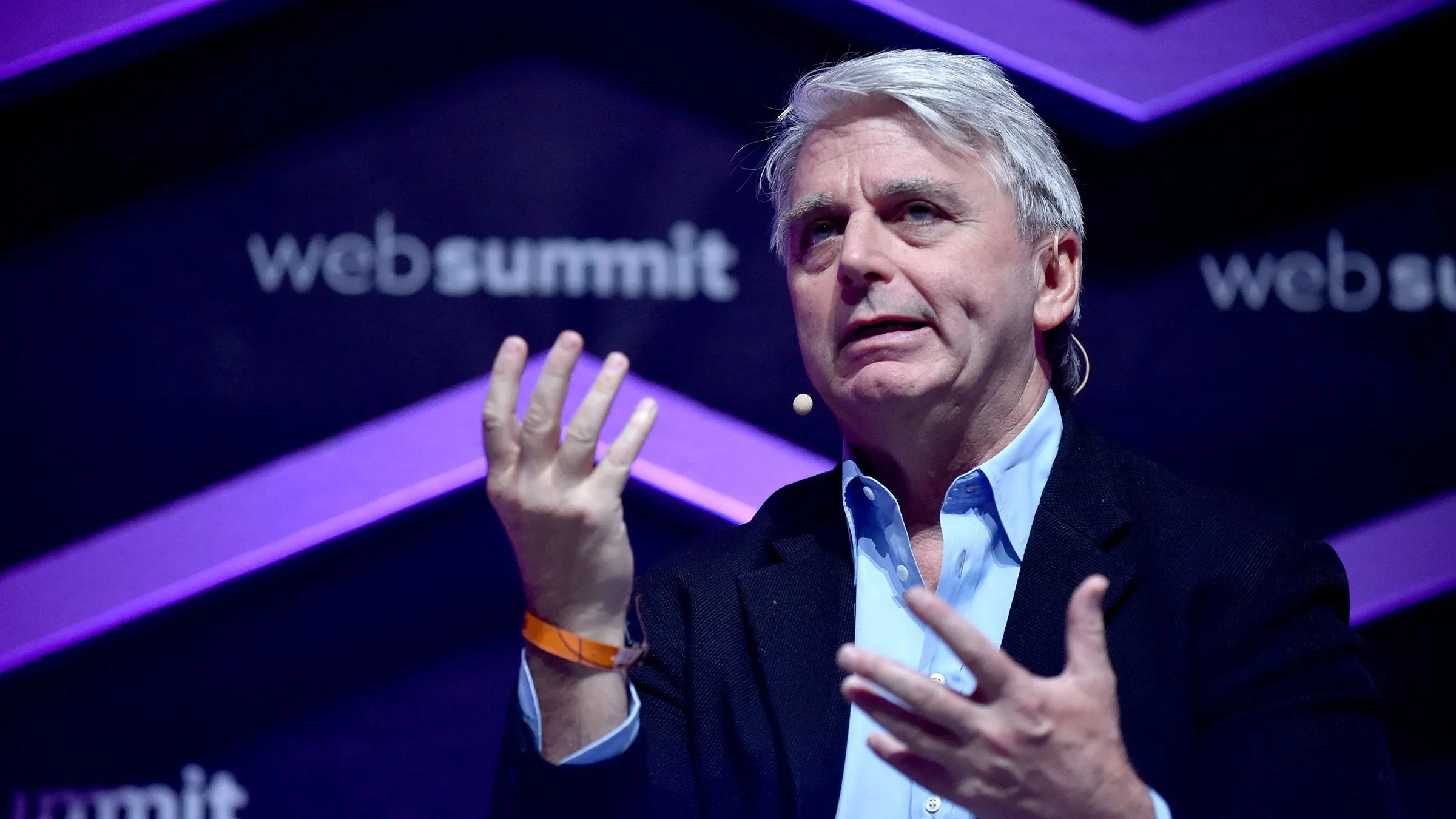The most impressive video gaming worlds take hundreds of game designers, graphic artists and musicians many years to create. Generative artificial intelligence (AI) will drastically cut that time down by roughly five to 10 times, predicts Unity’s CEO John Riccitiello.
Riccitiello reflected on the future of gaming in the age of AI for a recent Associated Press report.
From the way the sun reflects off a blade of grass to how in-game non-playable characters (NPCs) behave, generative AI can efficiently streamline the whole design process. He said this can apply to every single line of dialogue, environmental detail, and lighting effect in big gaming titles like Call of Duty or Grand Theft Auto.
Not only that, Riccitiello added, video games testing, fine-tuning and debugging could be conducted much faster by AI tools that could simulate in-game scenarios within a fraction of the time that would cost developers.
“It’s going to make games faster, cheaper and better," he said the news outlet. "It’s already happening.”
Still, the potential of AI has led to widespread anxiety around job stability. Hollywood TV and film writers with the Writers Guild of America have been embroiled in a weeks-long strike to address concerns surrounding the impact of AI tools on their jobs.
Earlier this year, meanwhile, an open letter that was signed by the likes of Tesla CEO Elon Musk and Apple co-founder Steve Wozniak called for a six-month pause in the development of AI systems more powerful than OpenAI’s GPT-4, citing “risks to humanity”.
Similarly, if generative AI could perform much of the tasks that workers do now, might that mean mass layoffs in the industry?
No, says the Unity CEO. Rather than leading to mass job displacements, Riccitiello said he believes it would supercharge the industry and help create the same kinds of high quality AAA gaming titles at a much faster rate.
“I don't think anybody's job on the creation side is going to be taken by an AI, but it will get taken by a human using AI," Riccitiello told Singular in a podcast interview. "Those people are going to be more productive, and they're going to just force multiply their ability to realize what they can conceive.
“The most… ambitious companies are going to use AI to make things even more entertaining and more engaging than it was ever possible,” he added.
Unity’s software is used in at least 70% of mobile games today. The company itself has announced its own generative AI tools, Muse and Sentis, which are set to launch globally for developers later this year.
Muse is a ChatGPT-like platform that allows game designers to create real-time 3D applications and experiences using text prompts.
Sentis is designed to introduce AI models into any gaming platform where Unity is used from mobile and PC to home gaming consoles. This allows video games to create autonomous NPCs that behave and interact like real-life persons.
Unity isn’t the only one in the generative AI race. Companies like Roblox too, have announced plans to create their own proprietary AI tech which would enable its own creators to invent more emergent gaming experiences.

